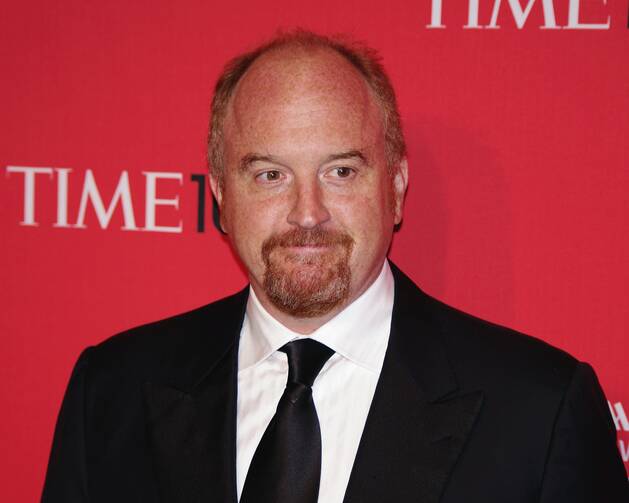Without any advance notice, “Horace and Pete” appeared, available as a $5 download, on comedian Louis C.K.’s website on Jan. 30. Set in a 100-year-old neighborhood Brooklyn bar and starring Steve Buscemi alongside Louis C.K., it is a TV series without the TV, distributed online without a distributor, eschewing both Netflix and the networks, direct from the creator to the viewer.
But more than experimenting with video distribution, “Horace and Pete” dramatizes characters and struggles in American life that are more often diagnosed than explored. The owners of the eponymous bar are barely making it, and their weakening grasp on stability mirrors their patrons’ frustration with social values and a political system in which they no longer recognize themselves. They are white men, on the lower end of middle class, struggling to relate to their children, their families and their neighbors. They are frequently profane and can be casually racist, sexist and homophobic. They are inheritors of a history that has ended without a new future on offer.
“Horace and Pete” has no heroes, as its not-quite-protagonists numbly endure the slow unraveling of lives that no longer aspire to much of anything, while their more successful and socially conscious siblings and children leave them behind. Its power comes from maintaining the moral agency of its characters despite all that. No one’s failures are absolved or explained away; they remain sins rather than being reduced to pathologies. For the characters, this preserves the tension of redemption; for the viewer, it holds open the possibility of empathy. During this political season, we should all value the reminder that knowing what is wrong with someone can never substitute for understanding their experience.








